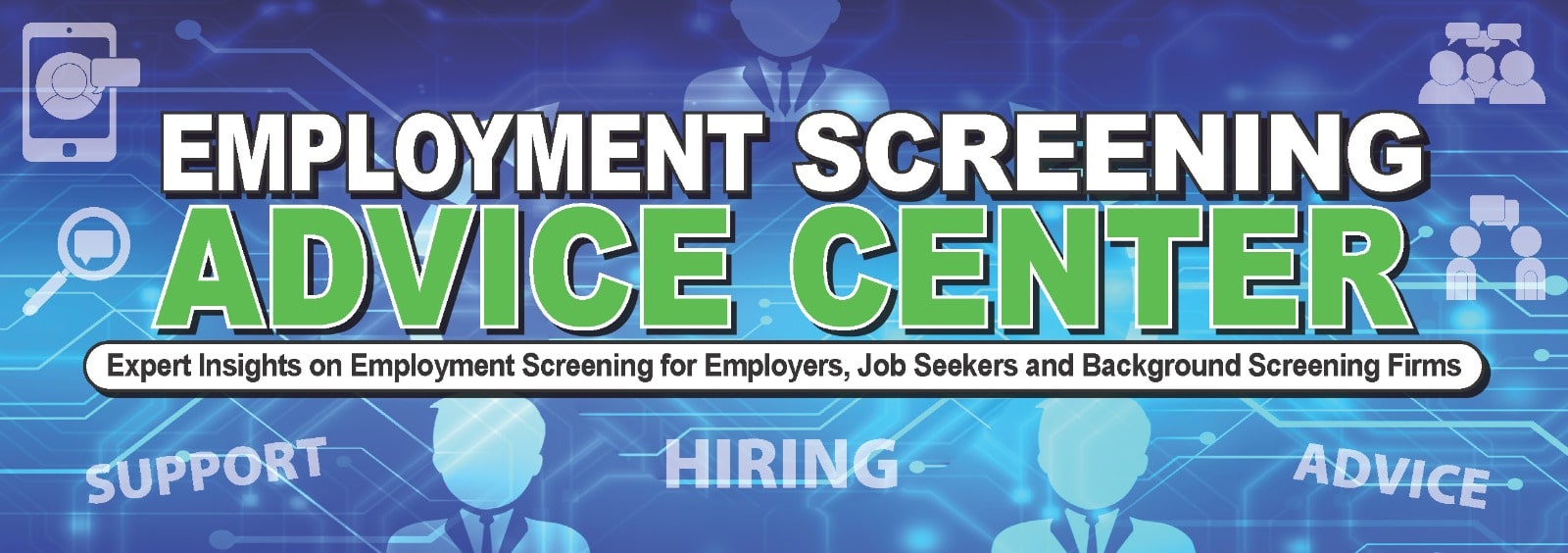
Are you looking for a new job? In this internet age, social media background checks have become a vital part of the screening process by employers. Accordingly, it is important that you understand how employers use these checks to ensure your social media posts improve instead of undermining your chances of getting hired.
The following are some of the most essential items job seekers should know about social media checks.
- Are employers conducting social media background checks on job applicants?
The answer is a resounding ‘yes.’ Employers are increasingly using social media checks as part of their hiring process. For instance, a 2018 survey done by CareerBuilder found that 70% of employers use social media background checks now to vet employees as compared to 11% of employers a decade ago. This shows that more employers are using social media checks to assess the suitability of potential hires.
- Why Are Employer Using Social Media Checks
Many people use social media as a platform to express their opinions without reservations. People openly discuss their lives, their thoughts, their feelings, issues they are upset about or disagree with, where they are traveling, what they are doing or have done, etc. Social media can provide a treasure trove of information about a person that is not easily observed or obtained by reviewing a resume, job application or interview.
If you have posted information that you believe will not cast, you in a favorable light delete it or at minimum protect it from public viewing.
Reviewing your social media information provides employers with an independent assessment of candidates. Unlike the information on resumes and application letters, most people do not put a lot of strategic thought into their social media posts. Therefore, this allows their audience to get a glimpse of who they really are, and this is exactly what employers want to know.
- What do employers look for during the social media screening process?
The objectives of a social media background check on an applicant may vary greatly from one employer to another depending on the type of organization, their mission, goals and culture. Even so, there are several common items that most employers are looking for when screening an applicant’s social media.
- Employers want to see and understand the unfiltered character of an applicant to assess their perspective and philosophy of life. Employers want to assess whether the applicant will fit well within their organizational culture and be in line with the organization’s values and objectives.
- Employers also wish to analyze the personal attitudes of candidates. Again, due to the unrestricted nature of social media posts, people express their attitudes through their utterances on social media platforms. People who are intolerant, racist, sexist, homophobic, etc. oftentimes reveal their views in their posts. Consequently, employers are able to identify potential problem areas ahead of time and avoid recruiting such applicants
- What social media information will disqualify me for a position?
According to research by CareerBuilder, 57% of employers have rejected candidates based on the findings of their social media checks. When interviewed, employers cited several reasons why they rejected some of the applicants. They include posting of provocative media content, drug abuse, displays of criminal behavior, and discriminative content.
Therefore, due to the progressive nature of modern society, social media posts that reveal intolerant attitudes including racism, discrimination, and incitement of violence can disqualify you for a position. Other undesirable behaviors like cyber-bullying can also disqualify you from a position. Therefore, it is very important to avoid making any posts that may portray such behavior.
- Can my social media post help me qualify for a position?
The most important consideration that employers are looking for is your ability to perform the job they are trying to fill. Therefore, the information presented in your social media post should reinforce and reflect positively on your education, knowledge, competencies and skills. This could include volunteer work, discussions of relevant hobbies, books you have read, places you have traveled, awards you have received, etc.
Social media posts that magnify the impression that you are a potentially great employee will definitely improve your chances. However, a social media post cannot in and of itself make you qualified for a position if you do not have the requisite qualifications.
- What should I say about my social media post in an interview?
While employers may use social media screening to determine the suitability of an applicant as a potential hire, it must not be forgotten that social media profiles are largely personal. Therefore, when asked about your social media posts, your answer should shed light on the motivation behind the particular post in question and make any clarifications as required.
If your post is something that there is no reasonable explanation (ask some friends or family for their input) ‘fall on your sword’ and say I was young and stupid for having posted that but have grown and learned a lot since then. I know longer think or feel that way now. It would be great at this point if you can give an example illustrating your growth, so they don’t view your statements as empty words. For example, let’s assume your post was about you and some friends making fun of how Asian people speak English and mocking them. You could say since then I have joined a Diversity Club because I realized that view was not good and am now trying to learn more about and how to appreciate other cultures. Please note to give this type of response you have to have reviewed your social media post in advance and identified potential problematic post. Develop a game plan and response so you are ready when the question comes up in the interview.
- Is it legal for an employer to check my social media?
The answer to this question is YES. Employers can legally check the social media profiles of applicants.
However, there are several states that have restrictions on the use of social media background checks. This is especially so when it comes to granting employers passwords and other login information. Some of the states that have enacted laws restricting access to employee social media include New Hampshire, Maryland, Oklahoma, Rhode Island, Wisconsin, Virginia, Illinois, and Tennessee. Besides being barred from coercing employees to grant them access to their social media, employers can also pay fines of between $500 and $1,000 if they force people to show them their social media posts. This is all in a bid to protect individual privacy rights.
How do I pass a social media background check?
One thing about the internet is that most of the information ever shared on it can be retrieved. This is because different internet sites have different content policies. Sites like Facebook claim ownership of all content posted on them. However, one can ensure they pass social media checks by first desisting from posting any offensive or discriminatory content. Depending on the depth of the social media background checks, deleting any posts that can be misconstrued can also be very helpful. You should also be very careful on the types of pages you follow to ensure they do not paint an unfavorable impression of your beliefs to potential employers. Conduct a self-social media check to see what is on the Internet about you. Be proactive.
- How far back do social media background checks go?
There is a popular phrase that says, “the internet never forgets.” This means that most of the information uploaded to the internet is usually retrievable. However, when it comes to employment decisions based on social media checks, here is what the FTC states in a post on their website that references a staff letter to a company selling background reports,“. . . regardless of the type of information in a report [social media checks included] you use when making hiring decisions, the rules are the same. Companies providing reports to employers and employers using reports must comply with the Fair Credit Reporting Act.
In addition, companies must give employers who use their reports information about employers’ responsibilities under FCRA — like their obligation to provide employees or applicants with advance notice of any adverse action taken on the basis of the reports.”
- If I am rejected for a position based on information viewed on social media do I have the right to see the report?
The Federal Trade Commission clearly stipulates that any employment decisions made on the basis of social media checks must comply with federal laws that protect applicants and employees from discrimination. That includes discrimination based on race, color, national origin, sex, or religion; disability; genetic information (including family medical history); and age (40 or older). These laws are enforced by the Equal Employment Opportunity Commission (EEOC).
In addition, when [an employer] runs background checks through a company in the business of compiling background information, [they] must comply with the Fair Credit Reporting Act (FCRA). It’s also a good idea to review the laws of your state and municipality regarding background reports or information because some states and municipalities regulate the use of that information for employment purposes.
Therefore, if you are denied a job offer based on information retrieved during social media screening, the employer is obligated to provide you a copy of the background check report to give you the opportunity to refute or challenge the information stated in the report.
- Can I do a social media background check on myself? How?
Yes, it is possible to do a social media background check on yourself and the process is very simple and straightforward. All you have to do is key your name into a search engine and then search for it on the web. The search will yield results showing the various websites that contain information related to you. This will allow you to not only see what is on the web about you but to also get a clear picture of the impression other people get when they come across your social media profiles. This will in turn allow you to eliminate any undesirable posts and information so as to protect your viability for employment in case social media screening is included in the background check of a prospective employer.
Social media background checks are key determinants of how prospective employers regard you as a person and as a professional. Therefore, following the guidelines outlined here will not only allow you to improve your individual reputation as seen on social sites but also greatly boost your chances of being regarded as a potentially good hire.


